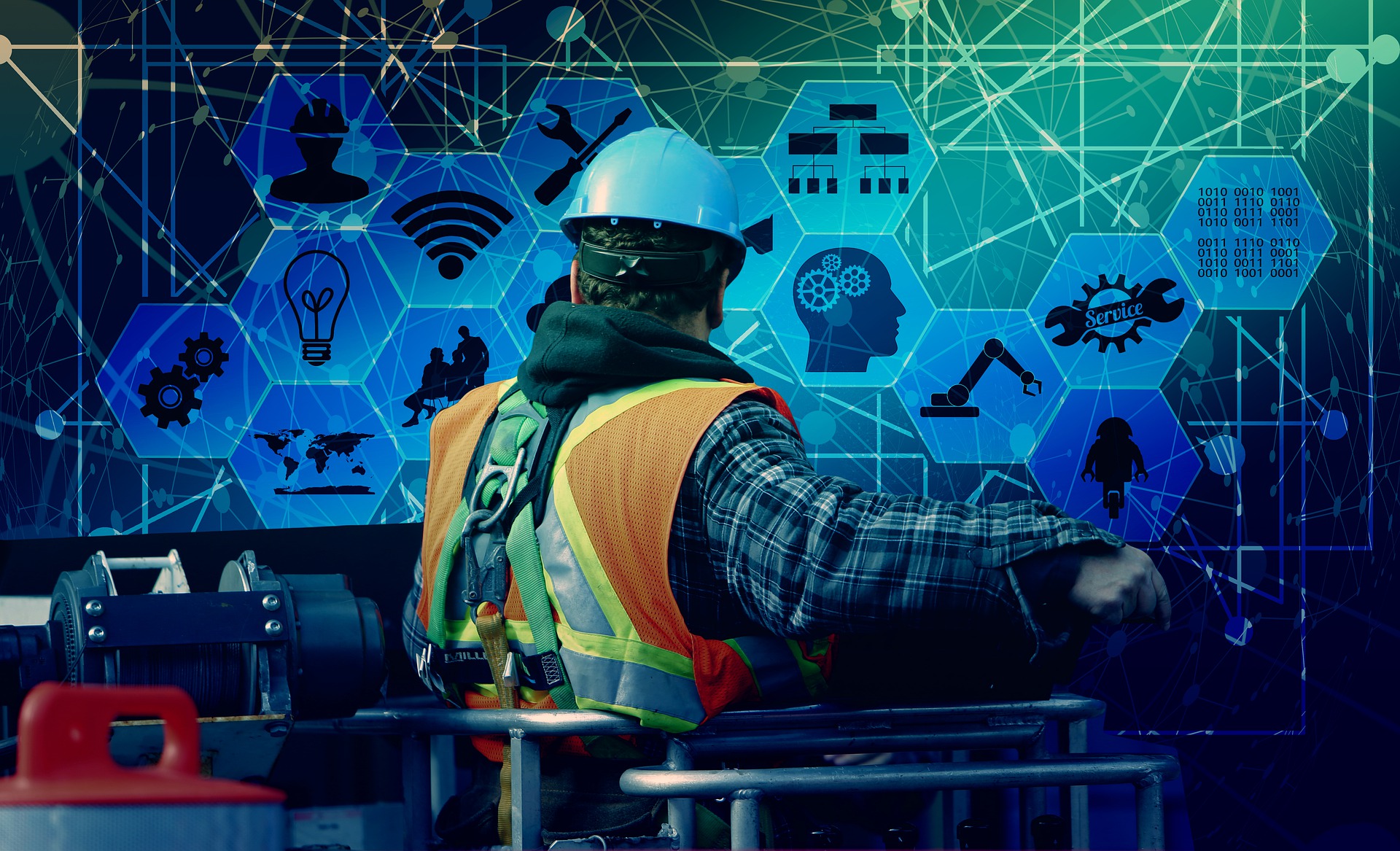We've covered both smart factories and industry 4.0 in recent posts. Yet, both of these phenomena are industry specific variations of a much larger technological trend that could disrupt both manufacturing and everyday life. Usually called the internet of things (IoT), this label describes the use of internet-connected hardware in the real world, which then uses a network's signal to communicate with other hardware in the environment. Such hardware may be equipped with sensors to collect data from the environment and, in some cases, perform actions on objects in the environment.
Arguably, the most well-known example of the IoT is Amazon's Alexa for home use. Alexa can understand basic commands, analyze data on user habits, and interact with other internet-connected devices in the home, like music players and computers. Devices like Alexa were precursors to the smart home, houses positively stacked with internet-connected devices that make people's lives more convenient. These include Alexa-like voice assistants as well as internet-based security systems, cleaning appliances, and even lighting fixtures, all of which are in constant communication with one another and can be controlled through a centralized hub on a smart device or a computer.
The IoT and Manufacturing
Think of smart factories as larger and more complex versions of the smart home. In a smart factory, relevant devices are constantly analyzing and sharing data with one another. In truly automated facilities, this can even mean that systems are able to correct for inefficiencies without human input. And as we mentioned last week, human operators benefit from greater data insight and the ease with which smart factories can provide a broad picture of facility's status.
Note that none of this would be possible without cloud computing, which allows for massive amounts of data to be stored off-site and easily accessed by anyone with an internet connection. In truth, cloud computing is a bit of misnomer. There is no insubstantial data network floating around in space, like a cloud in the sky. Rather, cloud computing allows people to offload their data onto someone else's server, which they can then access over the internet. Compare this to the limitations of local computing, which requires dedicated storage for each device on the network, making it much harder to share data and keep information secure. With cloud computing, any device in a smart factory (or smart home, for that matter) can access a centralized pool of data, allowing for quicker and more thorough data analysis.
Making the Switch
It would be wrong for us to paint an overly rosy picture of the IoT, especially as it relates to large manufacturing operations. Though there are numerous benefits to employing smart technology in this way, it's not simply a matter of finding the right equipment. Any operation that relies on perpetual data exchange needs to have tight security protocols, especially as it relates to controlling access to both the local network and its cloud servers.
Titan Tech can help bring your operation into the future. Their knowledge of the IT world at large will help you plan and implement the IoT in your business, then help you manage it and keep it secure. If you'd like to learn more about how Titan Tech can help your business today, fill out their contact form to schedule a free consultation.
See you all next week for more tech news.

